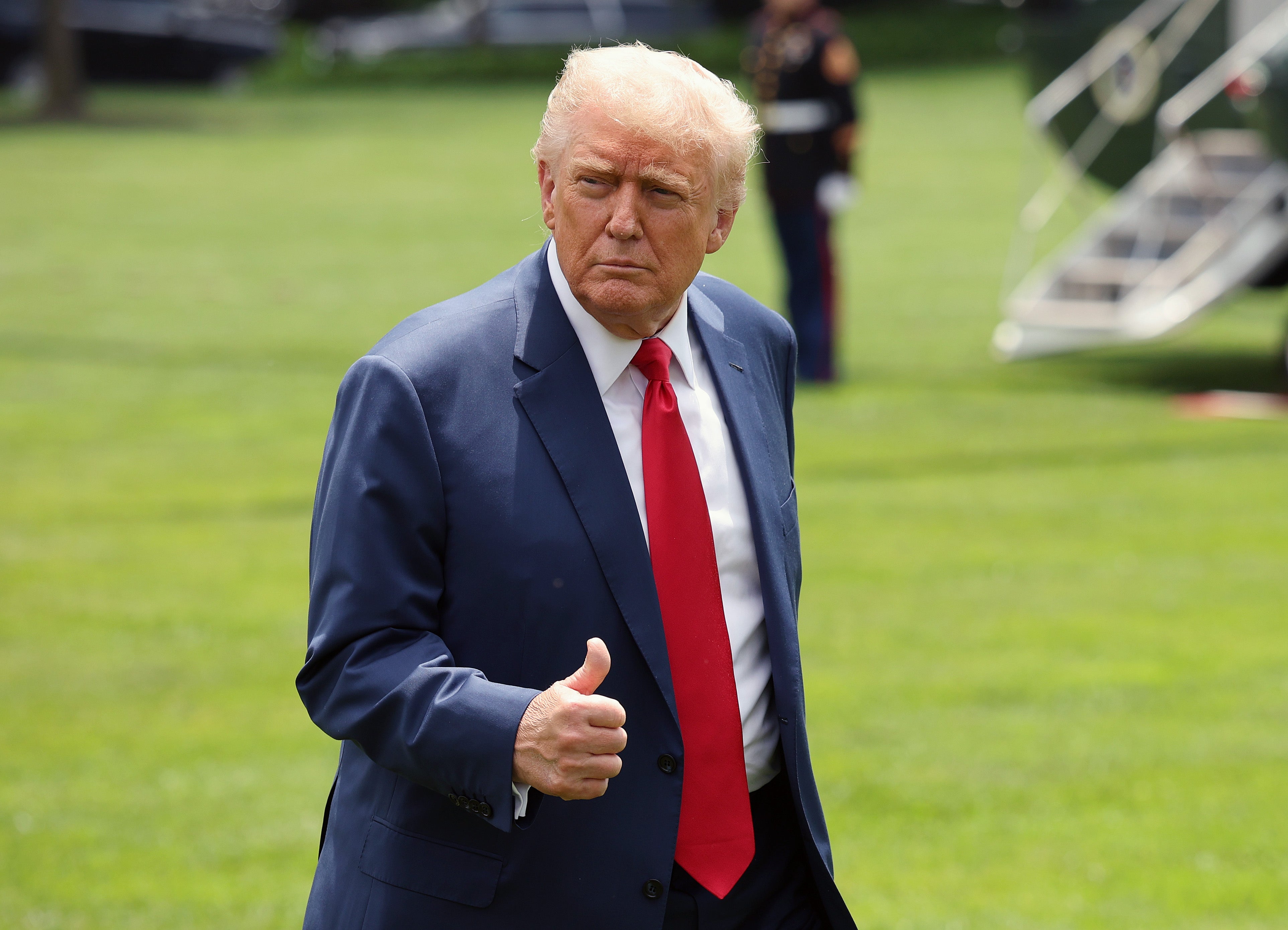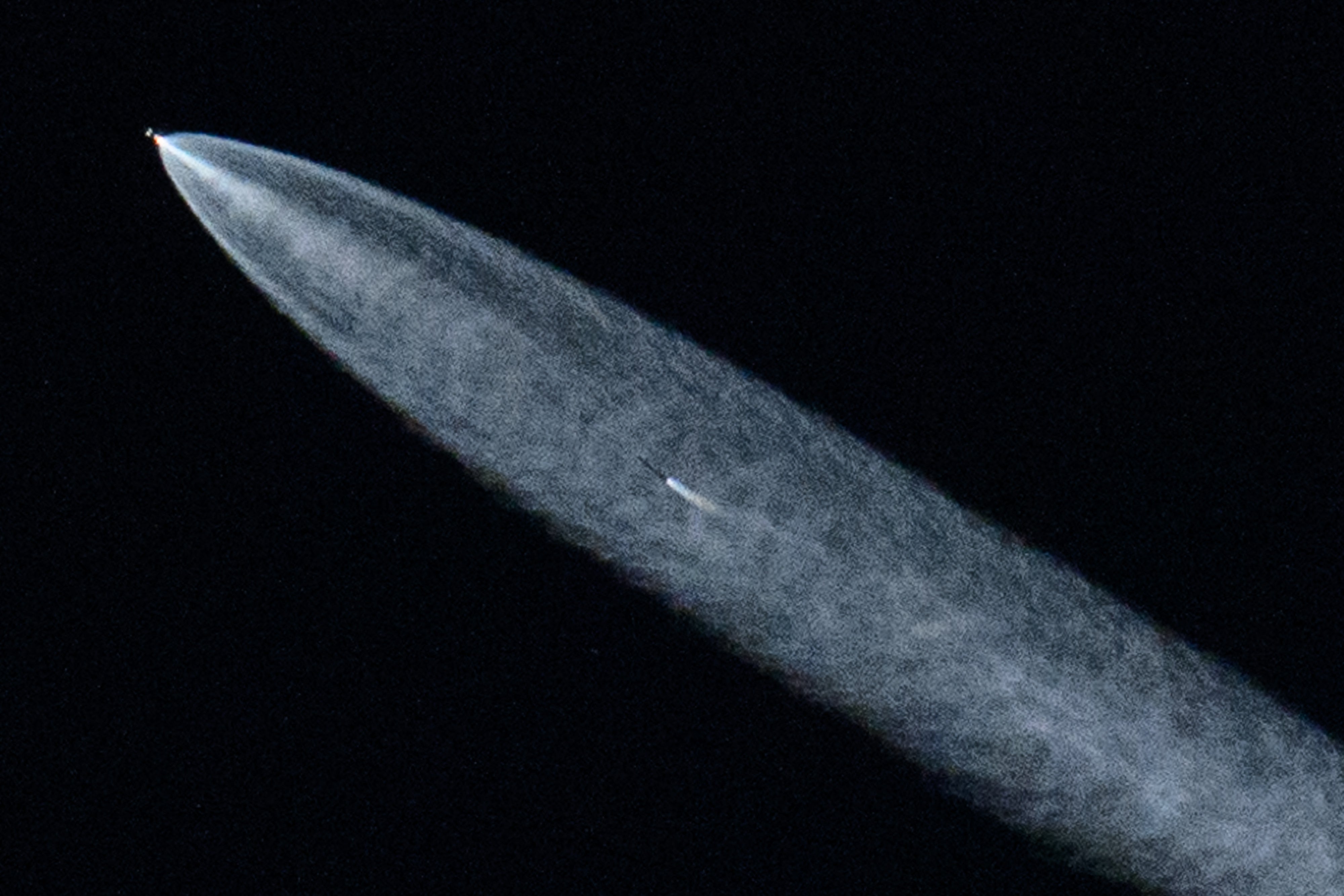President Donald Trump said he would maintain the White House’s operational ties to Starlink, the high-speed internet service owned by Musk’s company SpaceX, despite their recent falling out.
Speaking with reporters on Monday, the president was asked if he would split from the physical impact of Musk – such as getting rid the Tesla Model S that he purchased from Musk in March or Starlink technologies.
“I may move the Tesla around a little bit, but I don’t think we’ll be doing that with Starlink. It’s a good service,” Trump told reporters on Monday.
The president’s comment arrives after he threatened to pull government contracts with Musk’s companies, which are not only lucrative for the tech mogul but some are essential for the government – such as Starlink.
Starlink provides quick internet access without the need for fiber cables or cellular towers by using low Earth orbiting satellites. When deployed, the satellites send signals to systems on the ground, providing internet access.

A database of government contracts indicates the U.S. engaged in $4.1 million in contracts for Starlink in 2022, $1.9 million in 2023, less than $500,000 in 2024, and $22,000 as of June 2025.
At least six federal agencies have active contracts with SpaceX for Starlink technologies. That includes the the Department of Defense, which has come to rely heavily on Starlink’s services, according to NPR.
When Musk began working as a senior adviser and head of the Department of Government Efficiency for the Trump administration, he reportedly deployed, or suggested deploying, Starlink technologies at the White House and other agencies.
The General Services Administration considered using Starlink for internet access at the request of Musk’s staff, NBC News reported. The Federal Aviaition Administraiton has begun testing Starlink technologies at several “non safety” sites after Musk criticized the FAA’s potential contract with Verizon, according to CNN.

Tim Farrar, the president of the consulting company Telecom, Media and Finance Associates, Inc., told NPR that it would be tough for the government to move away from Starlink because other telecom companies are finding it “very difficult” to catch up to it’s abilities.
Starlink has been instrumental in allowing people in rural areas to obtain internet access and helpful for militaries engaged in battle – the most prominent example being the Ukrainian army’s use of Starlink to help fight against Russia’s full-scale invasion.







